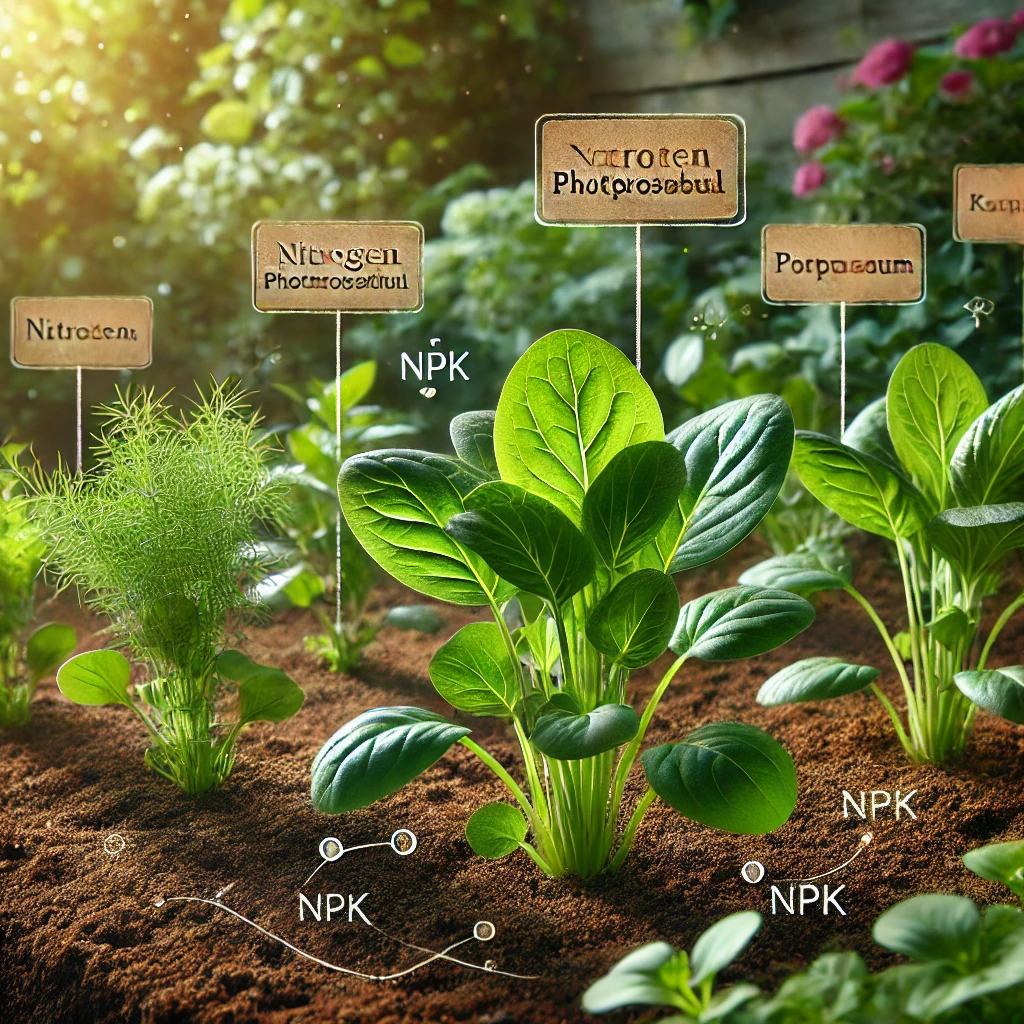The Importance of Essential Nutrients for Plant Growth
Similar to people, plants require certain nutrients in order to grow robustly and healthily. Numerous biological processes, such as photosynthesis, root growth, and flowering, depend on these nutrients. NPK, or nitrogen, phosphorus, and potassium, are the three main nutrients that plants require. While potassium supports overall plant health by fortifying the plant’s resistance to disease and environmental stress, nitrogen encourages the growth of leaves, and phosphorus aids in the development of roots and flowers. Plants may show signs of poor flowering, yellowing leaves, or stunted growth in the absence of sufficient supply of these nutrients. For your plants to be healthy and productive over the long term, it is essential that they receive the proper balance of nutrients.
The Role of Micronutrients in Plant Health
Plants need micronutrients in addition to the major nutrients, albeit in smaller quantities. These include minerals that are essential for certain metabolic processes, such as iron, zinc, manganese, and magnesium. For example, the production of chlorophyll, which aids plants in converting sunlight into energy, requires iron. Zinc aids in the synthesis of enzymes, and magnesium is an essential part of chlorophyll. Even though these micronutrients are only required in trace amounts, a lack of any of them can cause major growth issues, like chlorosis (leaf yellowing) or poor fruit development. You can make sure your plants receive the micronutrients they need for healthy growth by testing the soil on a regular basis and applying the right fertilizers.
Understanding Soil pH and Its Influence on Nutrient Absorption
One important factor influencing how well plants take up nutrients from the soil is the pH of the soil. On a scale of 0 to 14, pH is measured, with 7 representing neutrality. Most plants grow best in soil that ranges from pH 6 to 7, which is slightly acidic to neutral. Nutrient lockout, in which plants are unable to absorb vital nutrients even when they are present in the soil, can result from soil pH levels that are too high (alkaline) or too low (acidic). For instance, plants may find it difficult to absorb calcium and phosphorus in extremely acidic soils, whereas iron and zinc may be less available in alkaline soils. The ability of your plants to absorb nutrients can be greatly enhanced by testing and adjusting the pH level of your soil, which will result in healthier
The Impact of Fertilization and Organic Matter on Plant Nutrition
In order to supplement the nutrients that are naturally present in soil, fertilization is important, particularly if the soil is deficient in certain vital elements. While organic fertilizers, like compost and manure, offer a slower release of nutrients along with additional benefits like improving soil structure and moisture retention, synthetic fertilizers offer a quick and direct source of NPK. Beneficial microorganisms, which break down nutrients and increase their availability to plants, are also stimulated by organic matter. On the other hand, overfertilization can cause nutrient imbalances and even kill plants, so it’s critical to use the proper fertilizer at the appropriate rates and according to your plants’ needs.
